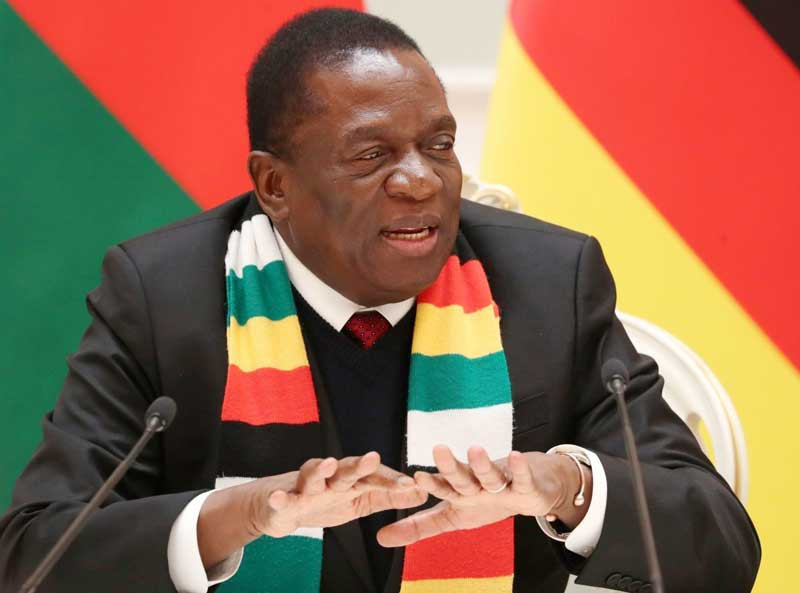
THE stop-go move to resolve the Gukurahundi issue is set to resume with the launch of hearings on Sunday.
President Emmerson Mnangagwa will launch the hearings in Bulawayo.
The launch will lead to the beginning of community outreach programmes led by traditional leaders.
Seventy-two chiefs from Matabeleland North and South provinces are expected to lead the process, fostering a platform for victims to share their experiences in the pursuit of potential closure and healing for the nation.
The hearings are set to be the planks as Zimbabwe seeks to find closure in a matter that had been ignored for more than four decades.
The emotive issue, the darkest chapter in Zimbabwe’s 44-year history, should not be rushed in a race to find closure.
More than 20 000 people, mainly Ndebele speakers, were killed in the period 1983 to 1987 in Matabeleland and Midlands provinces by the North Korea-trained 5 Brigade in what critics says was the late Robert Mugabe administration’s quest for a one-party State, although government at the time said it was quashing insurgency.
Thousands were tortured and raped and have been living with the scars since then.
- Ziyambi’s Gukurahundi remarks revealing
- Giles Mutsekwa was a tough campaigner
- New law answers exhumations and reburials question in Zim
- Abducted tourists remembered
Keep Reading
The scars need to heal and they can only heal when victims and survivors are allowed to pour their hearts out without fear of reprisal.
They have been suppressed for more than 40 years and their security must be guaranteed.
The scars will heal when perpetrators are brought to book for that “moment of madness”, as Mugabe referred to Gukurahundi.
While the Mnangagwa administration must be credited with trying to unpack this emotive issue, the manner in which the process is being done has led to critics equating it to a “delayed match” whose results are known.
Critics say the process is flawed and not victim-centred without any room for restorative justice, compensation and the potential for victims to find closure.
Vandalism of Gukurahundi memorial plaques by suspected State security agents has also exposed government’s half-hearted approach to resolving the crisis, according to critics.
The world over, memorialisation has been used for national healing and a constant reminder of the dark past that never again will the nation walk the same path.
This is why Rwanda has the Kigali Genocide Memorial and every year, remembers April 7, the day the genocide against the Tutsi began.
The past cannot be wished away, but should be used to unite us and act as a constant reminder that if we don’t get our act together, it will recur.
We must get it right this time around and there is no need to hurry the process, otherwise we will be talking about the need to do hearings in years to come.
This is a last chance saloon to get it right.
Slow but steady wins the race.






